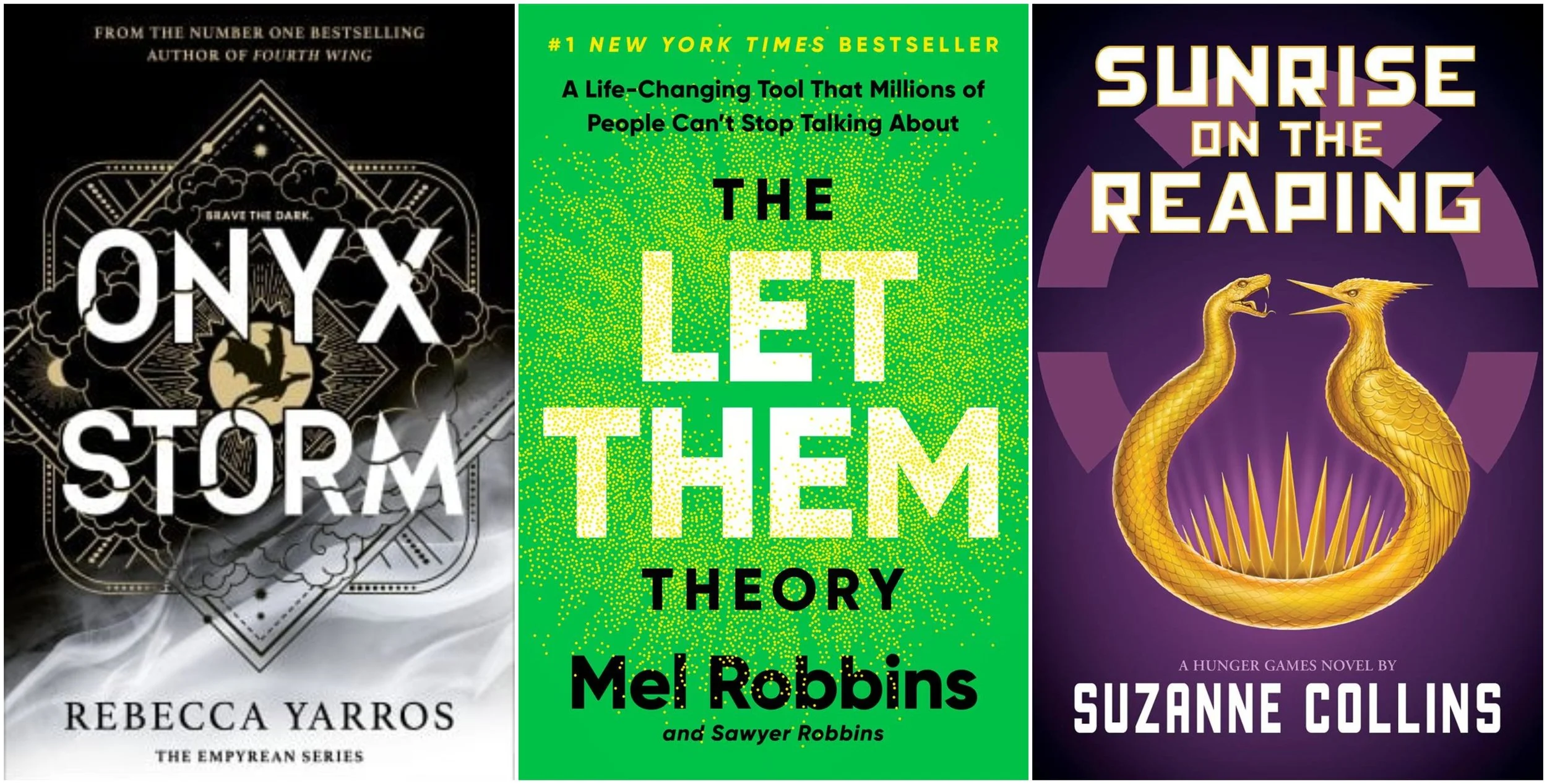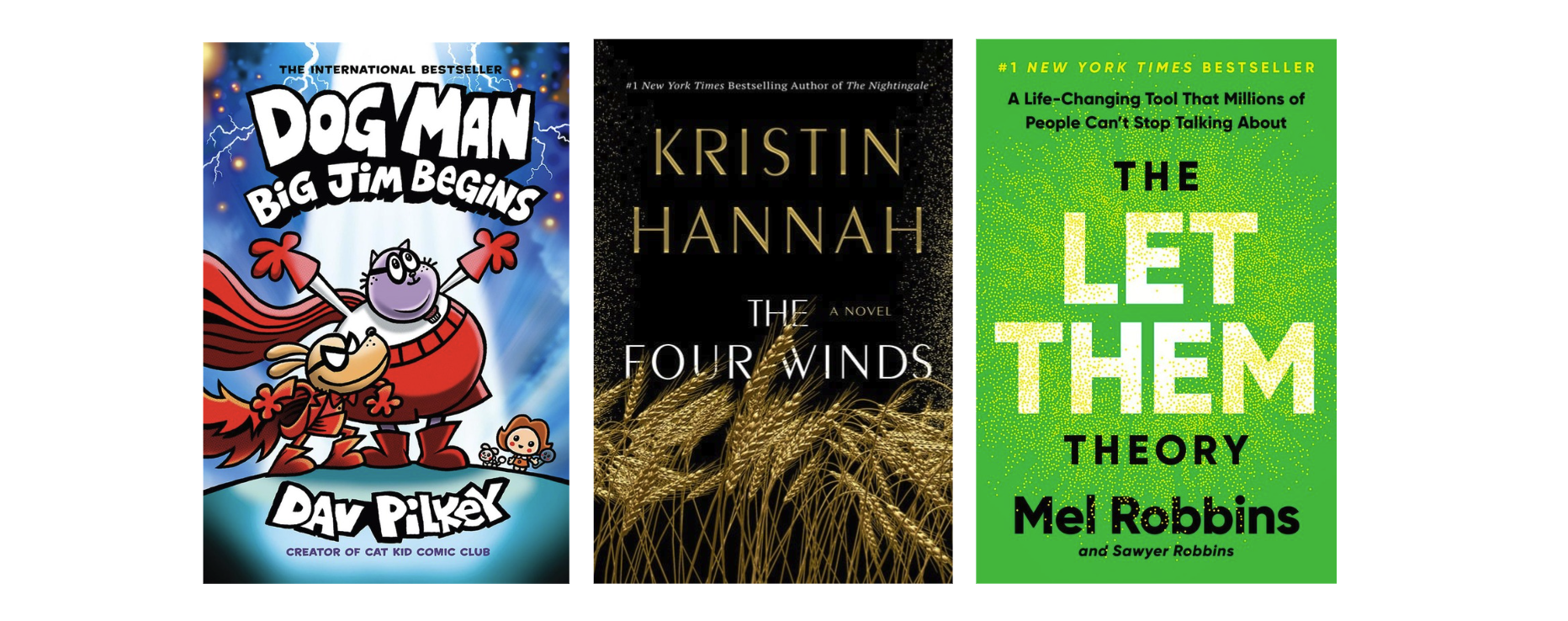Welcome to a special instalment of our 5 questions with blog series. Today, we’re sharing an interview with Alberta’s Durvile Publications Publisher Dr. Lorene Shyba, MFA, PhD.
Based in the Canadian Prairies, Durvile Publications and its imprint, Durvile & UpRoute Books, publish print books, ebooks, and audiobooks with a focus on True Cases, biographies, and Indigenous literature.
More recently, they’ve embarked on a journey to raise funds to help the people of Ukraine, and you can help, too!
Durvile Publications has printed a special 2022 Humanitarian Edition of The Little Book: Story Reader for a Free Ukraine, a book originally published in Ukraine in 1932. And all the publisher’s proceeds are going to the Canada Ukraine Foundation. The book is now available from the University of Toronto Press, with a formal release date of March 31, 2022.
Supporting the book is easy:
retailers, libraries, and supply chain partners may order the physical book via Canadian supplier University of Toronto Press Distribution using ISBN 9781990735042; or
readers may purchase the book directly from the publisher or use ISBN 9781990735042 to order a copy from their preferred retail bookstore.
The ebook edition (ISBN 9781990735066) and audiobook edition (ISBN 9781990735059) will be available in the spring or summer. Keep an eye out for their release on Durvile Publications' website.
Without further ado, here are Dr. Shyba’s answers to our questionnaire.
1. How did you and Durvile Publications first discover The Little Book?
My babka grandmother read to me from this book when I was a child. My mother taught in a one-room schoolhouse near Vegreville, Alberta and used the book as Ukrainian language curriculum for students who were from Ukrainian immigrant families. I have had this little book my entire life, tucked away in a trunk along with other books from my childhood and books I read to my own children. Books are a very special way to remember and relive the past.
I have been working closely with Dene Elder Raymond Yakeleya over the past years on Indigenous language books and we have celebrated Dene, Metis Michif, Anishinaabe, and most recently Blackfoot languages.
Language is a potent expression of culture and some of these languages are facing extinction. When Ukraine was invaded by Russian forces, I had in mind that it was time to celebrate my own culture and language as a sign of solidarity to my homeland and to soothe my soul.
2. All publisher proceeds from the sale of this 2022 Humanitarian Edition are going to the Canada Ukraine Foundation. How does this organization support the current crisis in Ukraine?
This is the official word from cufoundation.ca:
“In support of millions of Ukrainian families who have been displaced from their homes.
The CUF/UCC Humanitarian Appeal has already delivered multiple tranches of aid, valued at over $2 million. Aid has been delivered wherever affected recipients are found, from heavily shelled areas in the north and east of the country, to areas in the west of Ukraine and in neighbouring countries where displaced families are in need of support.
We are withholding more specific information due to security concerns. Subsequent tranches of support will follow in coming days as we monitor and confirm prior deliveries of support and assess the evolving needs, together with partners on the ground in all parts of Ukraine and its neighbours where help is required.”
3. How have your supply chain partners supported The Little Book and the current humanitarian crisis in Ukraine? How did those relationships come about? How did you make those arrangements?
ПЕРША КНИЖЕЧКА (Persha Kyzhyeuka) is the original Ukrainian name of the book, which translates to "First Little Book." We shortened it to "The Little Book" and added the subheading, “Story Readers for a Free Ukraine.”
I am a publisher, of course, and give printers a fair amount of business so I did not hesitate to ask if there was a great discount to print The Little Book because of the immediacy of its humanitarian cause. Friesens in Winnipeg offered to donate printing, due to the good cause and also due to the book having been printed in its 1940 “Corrected Version” in Winnipeg by A. HOMIK.
Blitzprint owner Kevin Lanuke is Ukrainian and when I asked him for a great discount and mentioned Friesens was donating, he insisted that he would do the same. This increases our profit margin, all of which will go to help Ukrainian displaced by the awful war.
Magda Stroinka, the linguist and one of the translators of the book recently discovered that the book was originally printed in Ukraine at Basilian (Vasilyan) Monastery in the city of Zhovkva in the Lviv region. Here is a link to the website about that monastery — stunning pictures, especially of the interior.
Audreys Books in Edmonton is also donating their proceeds to the cause, as is Alpine Book Peddlers and the Alberta Council for the Ukrainian Arts. (Audreys has already sold over 200 copies of the book.)
4. What does the support from your supply chain partners, downstream customers, and readers mean to you?
OMG it means the world to me! We have been mobilized as a Ukrainian diaspora to do what we can, and besides the fundraising, upholding our traditions is huge.
The themes in the books include duty and responsibility to the homeland of Ukraine, the value and love of family, and living the farm life.
Other traditions that I have celebrated my entire life are the foods and the wedding rituals (including the beautiful Ukrainian choirs). As a diaspora, we need to stick together. We are going to be welcoming thousands of Ukrainian refugees in the next months and it will be wonderful to greet them by saying Як справи (Yak spravy, how are you) and thanking them by saying Дуже дякую (Duzhe dyakuyu, thank you very much). Not to mention Слава Україні (Slava Ukraini, Glory be to Ukraine). Members of my family have already requested asylum with us in Canada.
5. What could members of the Canadian publishing industry do to support Ukrainians and the Ukrainian diaspora at this time?
There is a lively Ukrainian book publishing community and as soon as they are back on their feet. We could look at teaming on foreign rights editions. That's one idea.
Thank you, Dr. Shyba for taking the time to answer our questionnaire. Learn more about Durvile Publications and The Little Book here.
What you can do
If you’re looking to make personal or professional actions to support, The Canadian Chamber of Commerce offers some suggestions:
How to help
Financially
The Canadian-Ukrainian Chamber of Commerce is working with chambers, associations, and businesses to provide assistance and aid for Ukrainian businesses operating during this time, in order to support Ukrainians and the Ukrainian Army. Read more and contribute.
Canadians wishing to make a humanitarian donation may do so through the Canadian Red Cross Ukraine Humanitarian Crisis Appeal. The Government of Canada will match donations, up to $10 million, until March 18. Donation receipts are provided.
Donations may additionally be made to the United Nations High Commissioner for Refugees (UNHCR) Ukraine Emergency. Donations are tax-deductible.
Refugee sponsorship
Canada’s Private Sponsorship of Refugees (PSR) program allows Canadians to help resettle refugees as individuals or families that qualify under the refugee and humanitarian program. Those in Quebec may access the Program for Refugees Abroad. More information on becoming a private sponsor of a refugee is available through the Refugee Sponsorship Training Program.
Call for volunteers and support
The Ukrainian Canadian Congress (UCC) is currently collecting information from individuals and organizations that may be able to assist. Support could include employment, housing, immigration services, legal, in-kind donations, transportation, daycare/childcare, and more. Complete the UCC form if you or your organization can provide assistance.
Moreover, CanadaHelps has compiled a list of charities where Canadians may donate to Ukraine emergency relief efforts: donate today. And your money can do more: on February 25, 2022, the Canadian federal government announced that it would match donations made by individual Canadians to the Canadian Red Cross's Ukraine Humanitarian Crisis up to a maximum of $10 million for donations made until March 18, 2022. On March 10, 2022, the Canadian government announced that this amount would be increased up to a maximum of $30 million.















Insights into romance trends and the performance of Heated Rivalry.